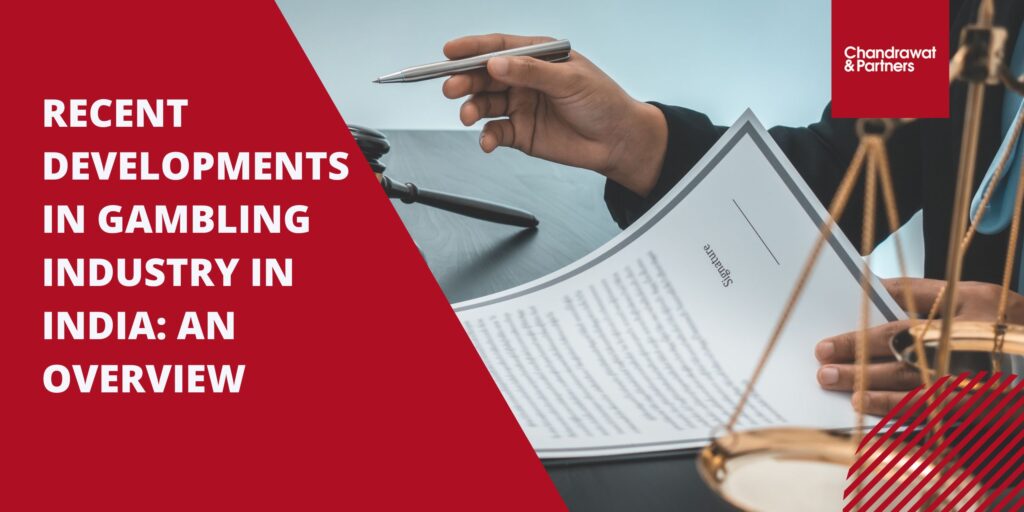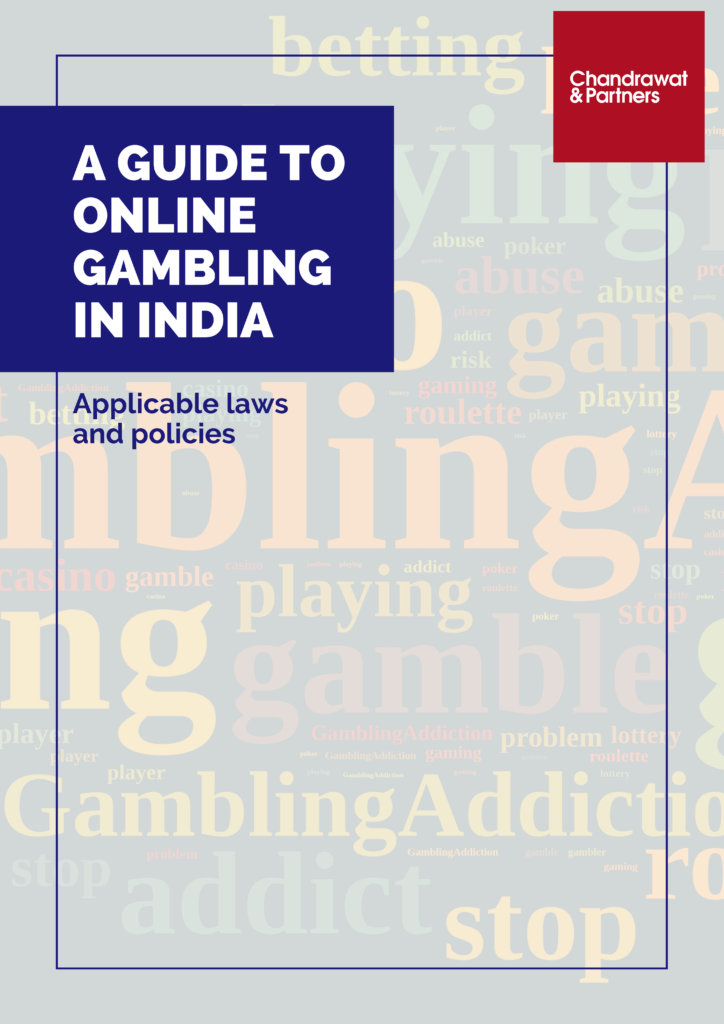The Inter-Ministerial (“IM”) Task Force, in the upcoming months, is anticipated to present draft rules that take deposit limitations into account.
The IM Panel was constituted in May 2022, to contemplate central regulations for the online gaming industry. The Panel’s discussion has not been made public. However, according to the recent rumours, it is likely to establish guidelines limiting how much cash each participant may spend while participating in the game.
The Supreme Court upheld a Rajasthan High Court order dismissing a Public Interest Litigation that sought ban of the online game known as “Dream 11”.
The petitioner challenged the judgement of the Rajasthan High Court and compared playing fantasy sports on popular apps like Dream11 akin to betting and gambling activities. However, Section 12 of the Public Gambling Act specifically excludes games of skill from the sphere of gambling. It was further alleged that Dream 11 was evading GST by paying only 18%, instead of 28%, and that too on the commission/platform fee amount, and not on the stake amount.
The Rajasthan High Court in 2020 held that playing fantasy sports on Dream11 require skill and knowledge and does not amount to gambling. In respect of the GST issue, the court deferred the issue to the GST authorities to consider in accordance with the law, in view of its findings that the game was a game of skill.
The Supreme Court due to hear State of Tamil Nadu appeal against the High Court order striking down the ban on skill games; State mulls new law to prohibit games of skill.
A Special Leave Petition (SLP) was filed against an order of Madras High Court before the Supreme Court by the Government of Tamil Nadu and is currently pending. Notice has been issued to the to the parties, and the matter is listed for 7 November 2022.
In parallel, the Government of Tamil Nadu is contemplating a fresh law to prohibit online games, particularly Rummy and constituted a committee.
The Supreme Court is due to hear the State of Tamil Nadu’s appeal against the High Court order striking down the ban on skill games; State mulls new law to prohibit games of skill.
Ministers seeks legal opinion, likely to suggest GST on gaming industry.
A Group of Ministers (“GoM”). was constituted to suggest the GST rate for casinos, race courses and online gaming. There is an ongoing discussion at the GoM level on whether (i) GST should be charged at the rate of 28% on both games of skill and games of chance, and (ii) whether to charge it on the entire amount that a player deposits or on the commission.
The Central Board of Direct Taxes (“CBDT”) scrutinizes players’ winnings on online gaming platforms.
According to reports, CBDT is scrutinizing earnings by players on fantasy gaming apps and online gaming platforms, and non-filing of income tax returns. The reports suggest that the department has uncovered earnings amounting to INR 58,000 crores (approximately USD7.29 Billion) in the last three years.
Under the Income Tax Act, tax of 30% is required to be deducted before paying income from winnings above INR 10,000. Accordingly, the department seeking to recover INR 20,000 crores (approximately USD 2.51 Billion) in taxes.
Scrutiny of gaming advertisements (games of skill and games of chance) increases.
The Ministry of Information and Broadcasting (“MIB”) has issued an Advisory on Advertisements of Online Betting Platforms on 13 June 2022 (“MIB Advisory”). According to MIB Advisory, a number of advertisements for online betting websites / platforms are appearing in ‘print, electronic, social and online media,’ and that such advertisements are prohibited in most parts of India.
Additionally, such advertisements are misleading and do not appear to be in conformity with the Consumer Protection Act (CPA).
Advertisements of games of skill.
Although advertising games of skill are permitted in many Indian states, they are governed by the Guidelines for Prevention of Misleading Advertisements and Endorsements for Misleading Advertisements. introduced by the Central Consumer Protection Authority (CCPA), as well as by the Advertising Standards Council of India (“ASCI”).
According to reports, gaming related advertisements emerged as violative categories of advertisements received by the ASCI between April 2021 – March 2022, on account of making misleading claims, leadership and trust claims, as well as claims about referral programs (i.e., refer a friend and win). ASCI previously cautioned operators of real money gaming platforms not to indulge in irresponsible advertisement, especially in light of overall regulatory scrutiny of the industry.
State of Kerala contemplates amending its law to ban online Rummy for stakes.
A year after the Kerala High Court struck down a notification seeking to prohibit, in effect, ‘online Rummy when played for stakes’, it appears that Kerala is planning to reinvoke a ban on online Rummy in light of the several suicides in the State. At present, reports suggest that Kerala is amending Section 3 of the Kerala Gaming Act, which penalizes certain forms of gambling, to prohibit online Rummy for stakes.
For more information or queries, please email us at
[email protected]






